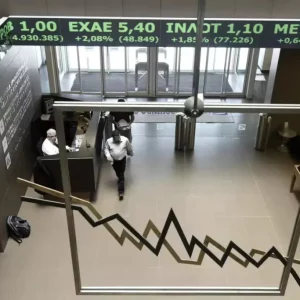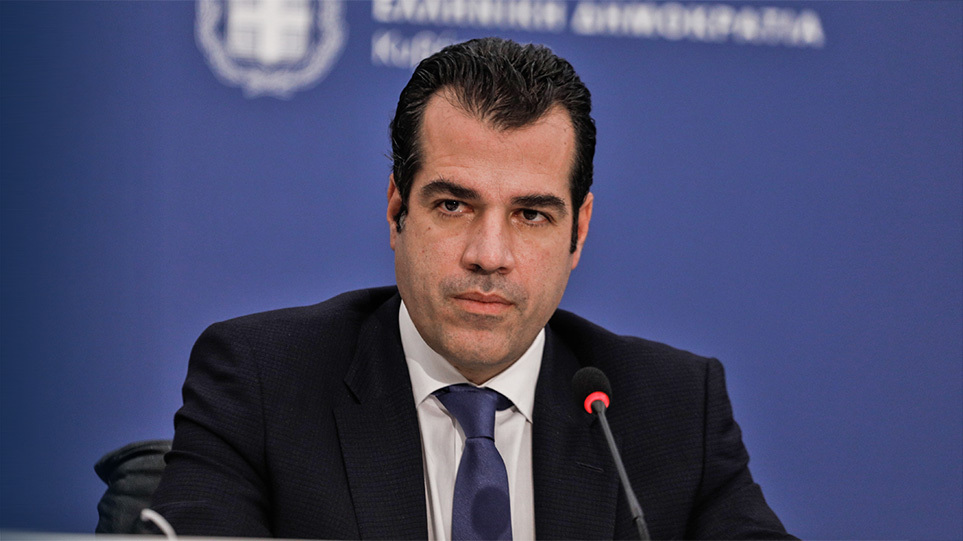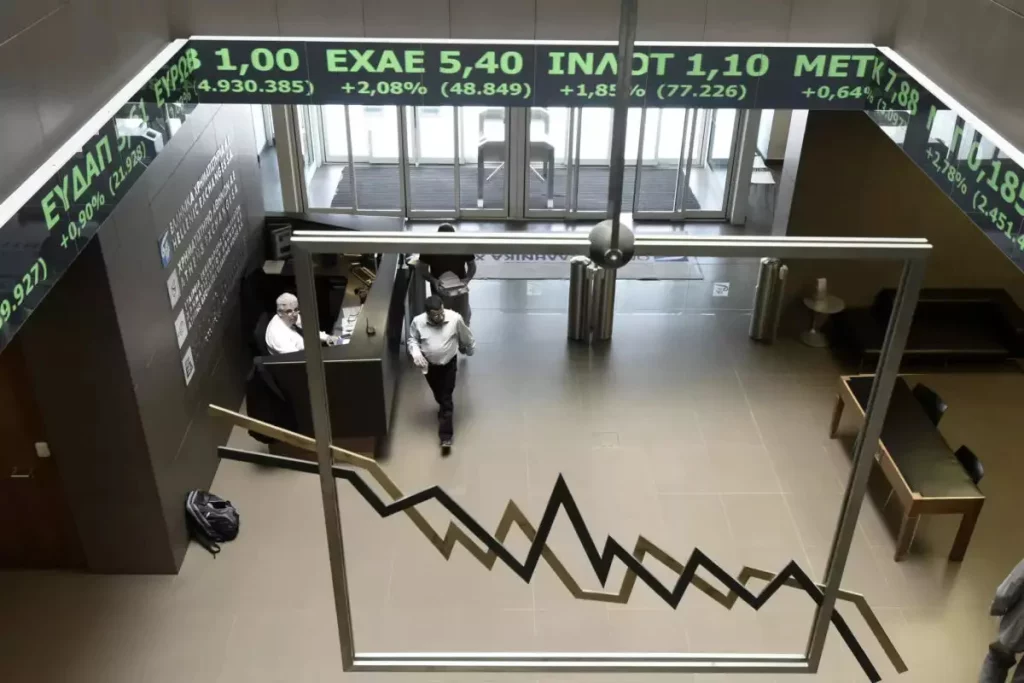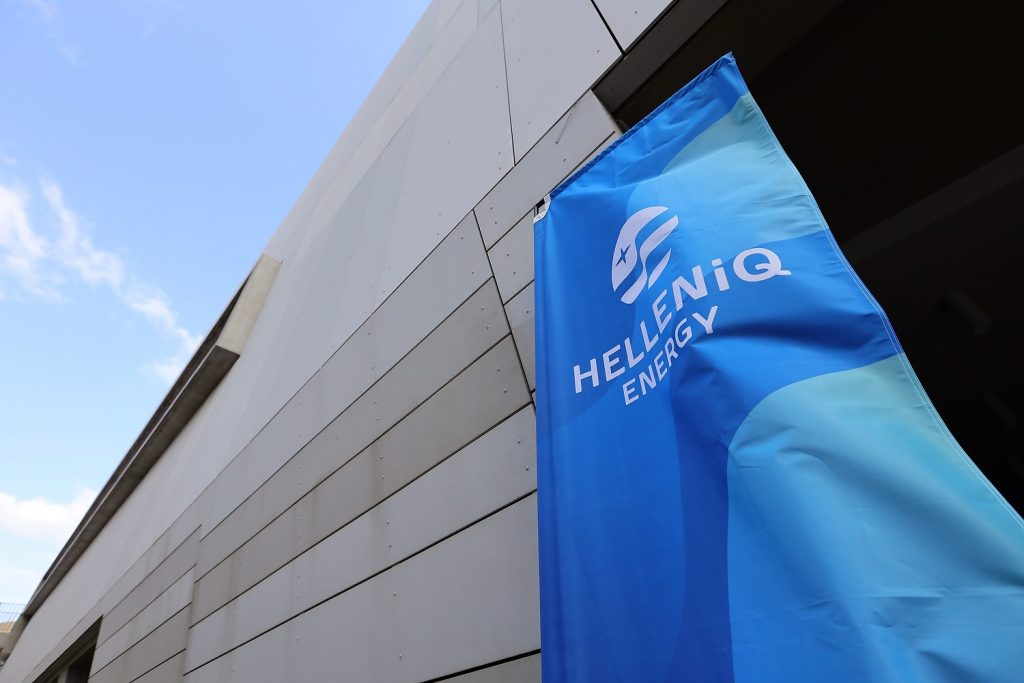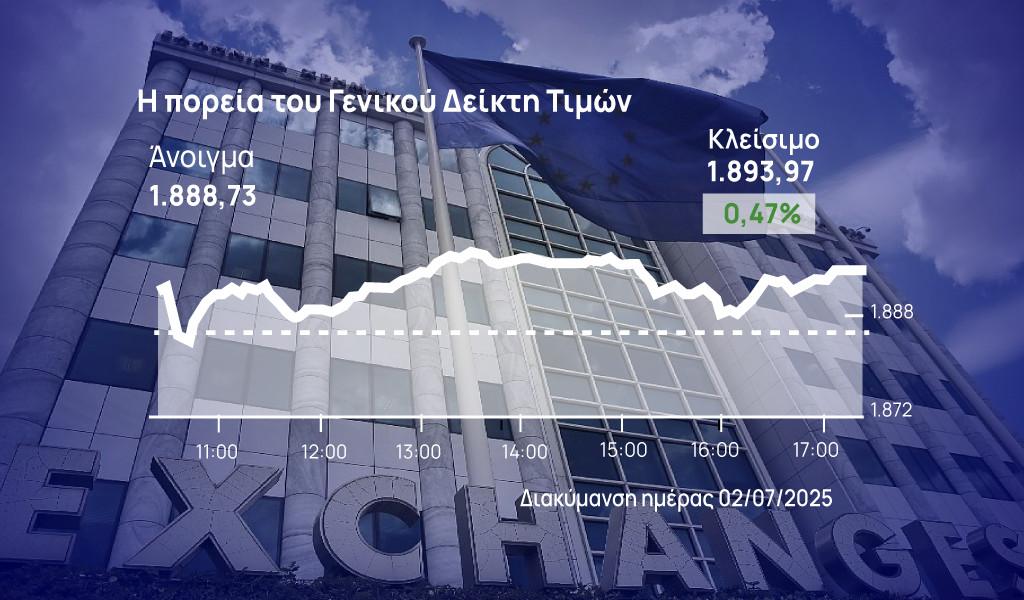The Greek economy will find itself with more and stronger, in terms of capital, banks claiming their share of the financing pie, in 2023, expanding the choices of households and businesses.
After the inevitable consolidation cycle of the last decade, which followed the bankruptcy of the Greek state, but also the withdrawal of almost all foreign groups from the country, almost 99% of domestic banking assets were divided into 4 groups.
Read also: Greek banks: Term deposits on a new footing
In this way, all the deposits were saved and the transformation of the system was facilitated, in the direction of consolidation from bad loans and formation of a new revenue generation model, capable of leading the banks back to sustainable profitability.
The venture so far seems to have succeeded. The big four systemic banks currently have strong capital adequacy ratios and more than enough liquidity to finance the real economy. However, competition is limited.
The new players
However, the improvement of the prospects of the Greek economy attracted the interest of new players who decided to position themselves in the sector, investing in smaller banks.
At the moment, processes are underway to create two new poles, Attica Bank and Pancreta Bank, while Optima Bank, which is completely healthy, is expanding rapidly in the Greek market.
These are initiatives aimed at creating credit institutions that are flexible and able to offer quality services to the public, respond to the demand for financing and ultimately create value for their shareholders.
Typical of these trends is the example of Optima Bank, which managed to show a positive net result from its second year of operation (year 2021), while its performance is even better in 2022.
It is a bank with assets of 2.1 billion euros and deposits of more than 1.7 billion euros, which actively participates in all development programs of business financing.
Indeed, as part of its operational planning to accelerate credit expansion rates, it proceeded to issue a convertible bond of 60 million euros, which further strengthened its capital adequacy indicators.
Capital increases
After the successful increase of its share capital by 100 million euros, Pancreta Bank will develop into a small to medium-sized player that will focus on channeling liquidity mainly to small and medium-sized enterprises.
In this way, it opened the path for its friendly merger with the Bank of Chania and the absorption of the domestic operations of HSBC, with which there is already an agreement.
Thus, a bank will be created with assets of 5 billion euros, a strengthened nationwide footprint and the necessary fuel available for the consolidation of its balance sheet and the development of its activities.
Attica Bank is also at the forefront of the developments, which after the agreement of its main shareholders, the Financial Stability Fund (TFS) and Ellington, is on track for a new increase in its share capital.
The bank, benefiting from its large customer base through targeted partnerships with professional group operators, has the potential to boost its shares, according to analysts who follow it. This is enough to modernize and form a new operating model, more efficient.
Its assets currently amount to 3.5 billion euros, the balance of loans before provisions to 1.65 billion euros and deposits to the level of 2.8 billion euros.
The non-systemic bank Aegean Baltic Bank is also active in the market with assets of 1 billion euros, a capital adequacy ratio of 16% and a percentage of non-performing exposures on its total portfolio of just 1% at the end of 2021.
It specializes in the shipping sector and has a significant presence as a manager of large syndicated loans in the sector.
At the same time, however, it has expanded its activities by providing banking and investment products to a wider customer base.
Today, 10% of its operations concern small and medium-sized and large enterprises in sectors other than shipping, and the aim of its management is to further expand this percentage in the coming years.








